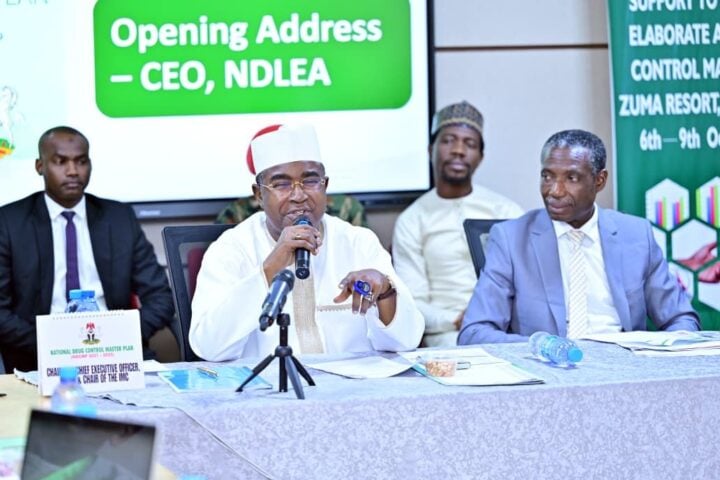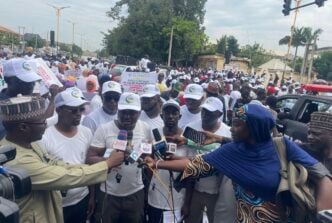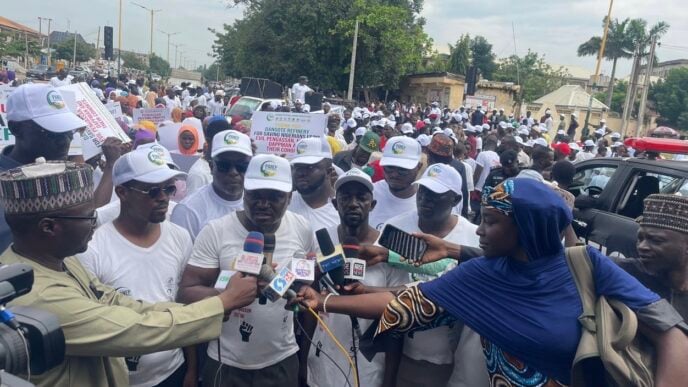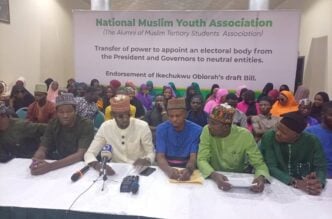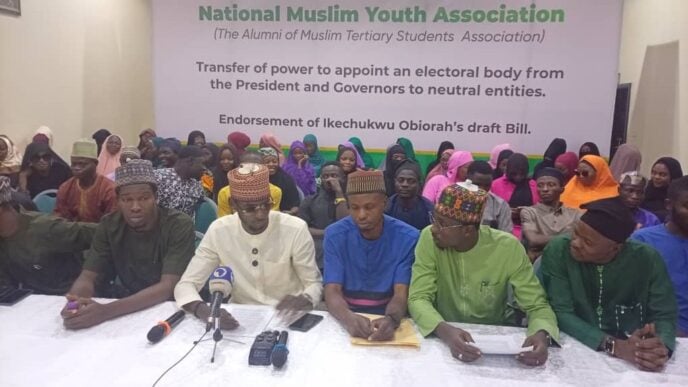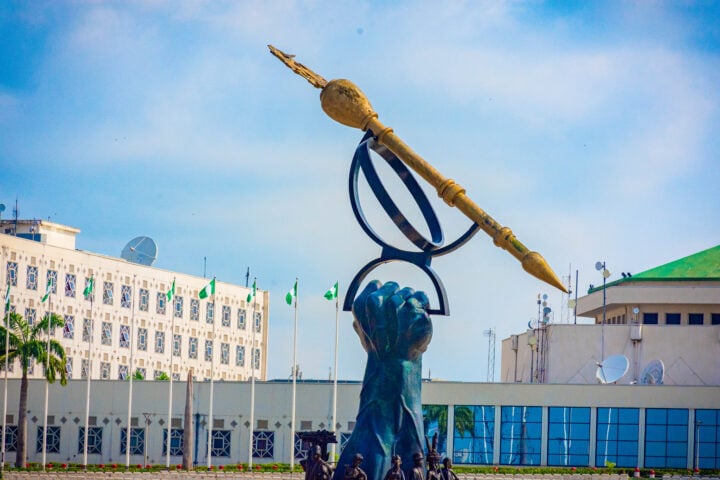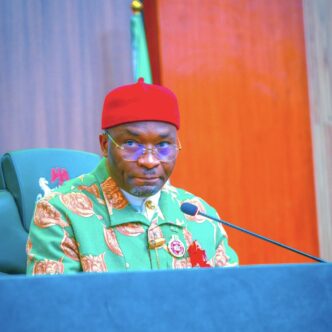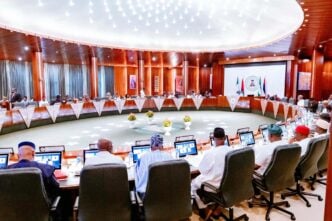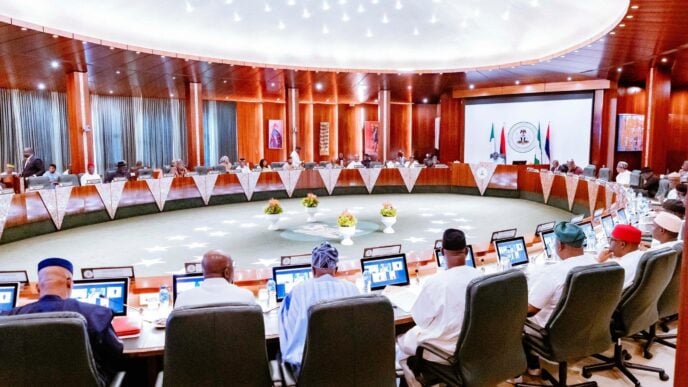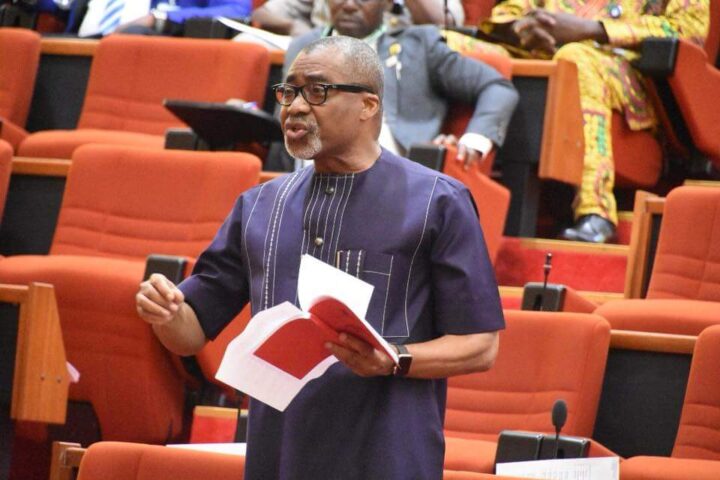Buba Marwa, chairman of the National Drug Law Enforcement Agency (NDLEA), has called on stakeholders developing Nigeria’s next national drug control master plan (NDCMP 2026–2030) to ensure the strategy effectively responds to new and emerging threats.
Marwa spoke on Monday while declaring open a five-day workshop in Niger state to develop the fifth edition of the master plan.
The residential retreat was funded by the ECOWAS Commission and supported by the United Nations Office on Drugs and Crime (UNODC).
“The task before us over the next few days is both strategic and historic. The drug problem continues to evolve, and so must our response,” Marwa said.
Advertisement
“The NDCMP 2026–2030 must be visionary yet practical; comprehensive yet targeted; and nationally owned yet regionally and globally aligned.”
He said the new master plan must build on the achievements of past editions while confronting emerging challenges such as synthetic drugs, dark-web trafficking, poly-substance use, and illicit financial flows that sustain the trade.
Marwa described the workshop as a “rare opportunity to deliberate, analyse and agree on strategic priorities that will shape the trajectory of Nigeria’s response for the next five years”, adding that participants must use the sessions to identify successes, acknowledge gaps, and design innovative strategies for the future.
Advertisement
He said the process was not just about producing another policy document but about “charting a collective vision to safeguard the health, security and wellbeing of Nigerians”.
Marwa pledged continued collaboration with national and regional partners.
“We will continue to strengthen collaboration with our partners, both within Nigeria and across the ECOWAS sub-region, for we know that the drug challenge recognises no borders,” he said.
Speaking on behalf of UNODC, Akanidomo Ibanga, representing Cheikh Ousmane, the country representative, praised Nigeria’s commitment to drug control but noted that “the drug situation continues to evolve”.
Advertisement
“Our response must therefore be adaptive, coordinated, and inclusive,” he said.
“This workshop offers a unique opportunity to review the draft chapters, harmonise perspectives, and ensure that the priorities identified reflect both national realities and international standards.”
